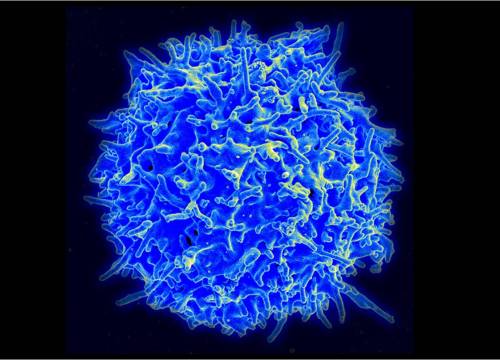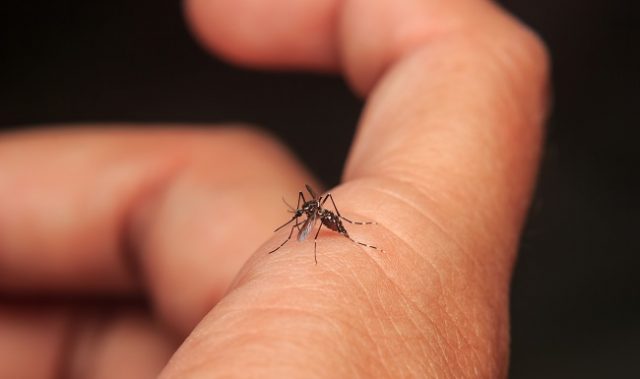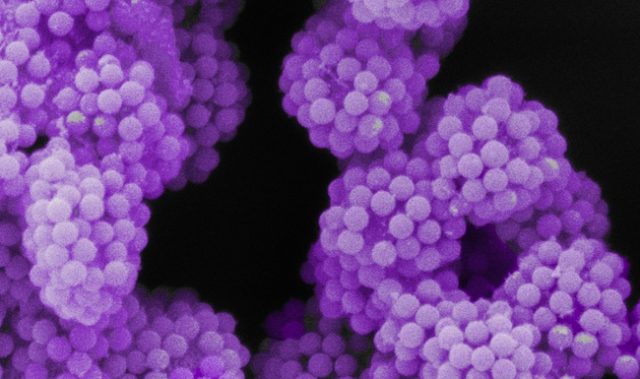
Asian Scientist (Aug. 8, 2013) – An international team of researchers has shown that tamoxifen, a decades-old breast cancer therapy, may help save the lives of women at high risk of developing breast cancer.
Tamoxifen has been used for more than 30 years to treat breast cancer and was recently shown to prevent breast cancers in many women.
However, it was not known if tamoxifen would benefit women who had inherited mutations in the breast cancer susceptibility genes BRACA1 and BRCA2. These women are considered to be at the very highest level of risk for breast cancer.
In their study, published in the Journal of Clinical Oncology, the researchers analyzed data collected from 2,500 women in Europe, North America and Australia who had inherited BRCA1 or BRCA2 mutations and had been diagnosed with breast cancer.
About one-third of these women were treated with tamoxifen after their initial diagnosis of breast cancer. The researchers found that these women had lower than half the risk of developing a second breast tumor compared to those who were not treated with tamoxifen.
This suggests that tamoxifen could benefit these high-risk women by significantly reducing their breast cancer risk.
“In the past, the only way of reducing breast cancer risk for these high-risk women was to do invasive surgery to remove their breasts and/or ovaries,” said Professor Kelly-Anne Phillips, lead author of the paper.
“For women who choose not to undergo such surgery, or who would prefer to delay surgery until they are older, tamoxifen could now be a viable alternative.”
Previous research led by Professor Phillips revealed that only 1 in 5 Australian women with a mutation in BRCA1 or BRCA2 choose to undergo bilateral mastectomy to prevent cancer.
“In light of our findings, it is clear that women who have a mutation in BRCA1 or BRCA2 should review their management plan with their specialist and re-discuss the options available to them to lower that risk,” said Professor John Hopper, a co-author of the study.
The article can be found at: Phillips et al. (2013)Tamoxifen And Risk Of Contralateral Breast Cancer For BRCA1 And BRCA2 Mutation Carriers.
——
Source: University of Melbourne; Photo: Phil and Pam/Flickr/CC.
Disclaimer: This article does not necessarily reflect the views of AsianScientist or its staff.












